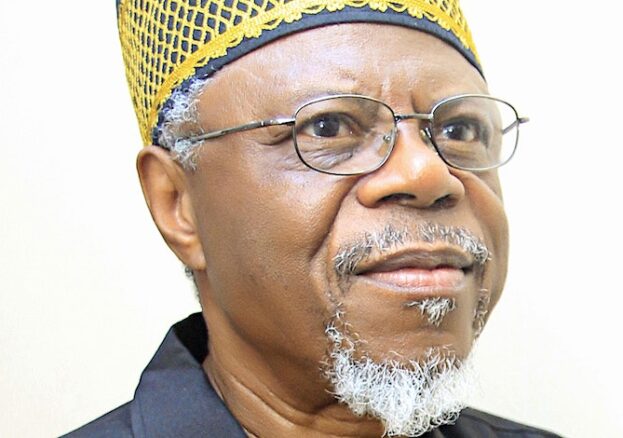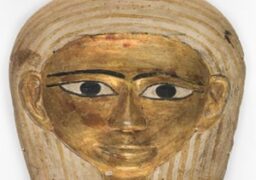
This exciting keynote will discuss knowledge creation in Africa in the aftermath of colonialism.
This event is the keynote for a workshop taking place in Cambridge titled “Becoming Independent; Institutions and Epistemologies of Knowledge Production in the Age of Decolonisation”.
Abstract: Africa’s history saw a huge shift with the end of colonial control. The epistemological hegemony that European powers left behind as they withdrew from Africa significantly affected knowledge creation. In the aftermath of colonialism, new knowledge communities emerged across the continent, and they challenged this hegemony and created novel forms of knowledge production with a foundation in Western and African experiences, perspectives, and epistemologies. This lecture argues that the process of decolonization, which accelerated with the granting of flag independence following the end of formal colonialism, also ignited Africa’s first intellectual decolonization movement, which is still ongoing today. This lecture’s main focus is examining the emergence of knowledge communities in different locations across the continent, their similar and dissimilar objectives and knowledge strategies, and the difficulties they encountered challenging existing epistemological hegemony. In addition, the Keynote analyzes the historical context of colonialism in Africa, its impact on knowledge production, and the intellectual disciplines and practices that emerged in the immediate years of postcolonial Africa. The highlights include the rise of nationalist historiography in Ibadan and Legon, which challenged the colonial narratives that had dominated African history; the Marxist school in Zaria and Makerere, which sought to reinterpret African history through a Marxist lens, emphasizing the role of class struggle in shaping Africa’s past; the modernization theorists, which promoted the adoption of Western models of progress to promote Africa’s development; and Islamic historiography, which also emerged as an intellectual tradition, drawing on Islamic sources to reinterpret African history. As political instability and military regimes posed significant challenges to knowledge systems and the search for alternatives in the 1960s, the limits of knowledge became evident. In later years, contending knowledge communities continued to expand, and epistemological pluralism in Africa became increasingly obvious, a phenomenon that persists in discussions challenging the contemporary decolonization movement in Africa.
Bio: Toyin Falola is Professor Emeritus in the Humanities at Lead City University, Extraordinary Professor of Political Science, the University of Pretoria, Extraordinary Professor of Human Rights, the University of the Free State, Honorary Professor, University of Cape Town, and the Jacob and Frances Mossiker Chair in the Humanities and University Distinguished Teaching Professor at the University of Texas at Austin. He has published many books and received various honors and awards, including sixteen honorary doctorates.
This workshop and the keynote are made possible thank to the generous funding by (1) the George Macaulay Trevelyan Fund of the Cambridge History Faculty and (2) the Centre of African Studies Cambridge.

